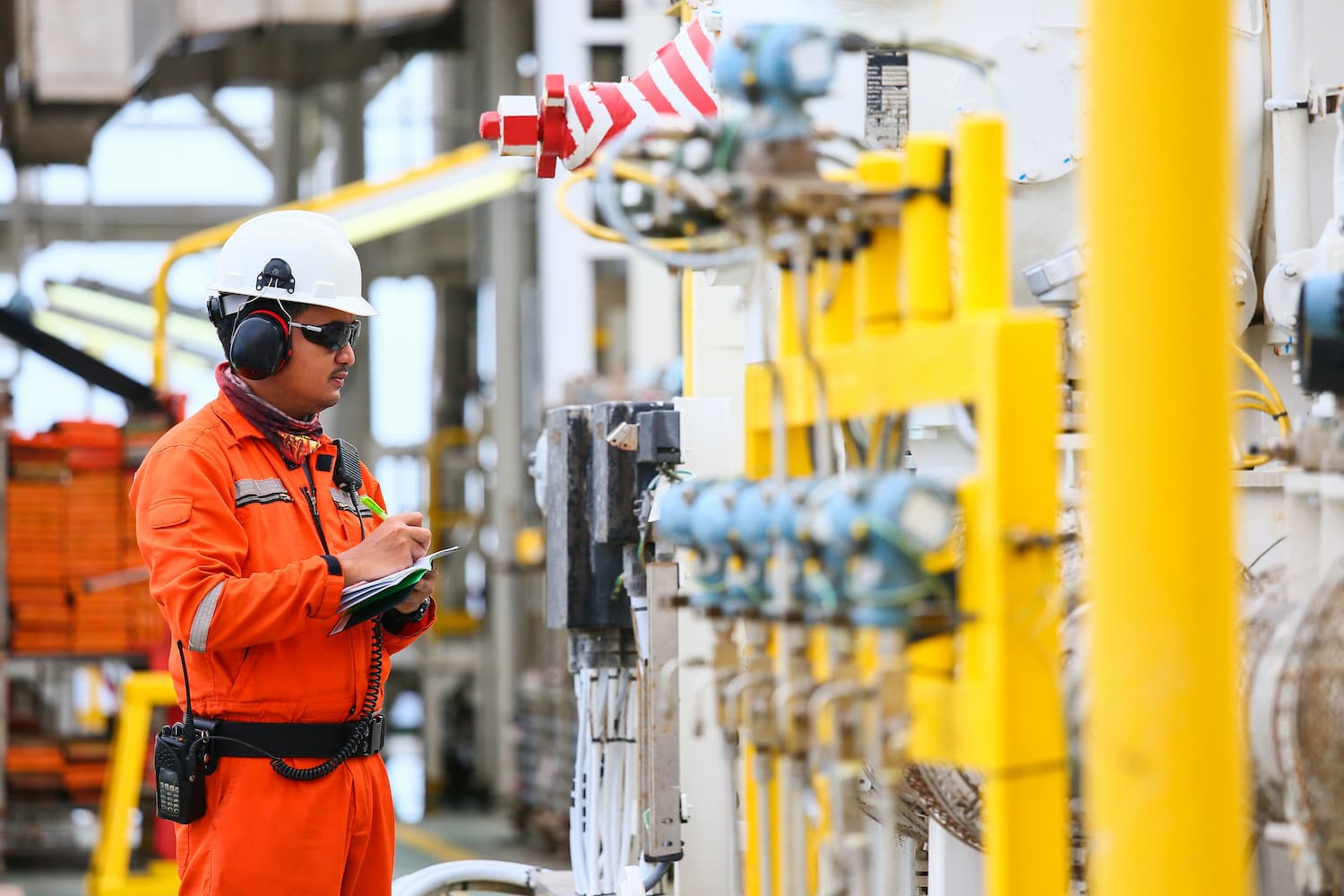A site supervisor oversees and manages various activities taking place on a (construction) site. A site supervisor's primary responsibility is to ensure that the construction projects are completed within the specified time frame, budget, and safety guidelines. There are different types of site supervisors depending on the industry, which we'll discuss below.
Loading component...
Site supervisor job role
A Site Supervisor is an individual who is responsible for managing and overseeing the daily operations at a (construction) site. They are responsible for coordinating and managing the different vendors and contractors working on the site, ensuring that they adhere to project plans, timelines, and budgets.
Types of site supervisors
Site supervisors play a critical role in overseeing a wide range of work environments, including construction sites, security operations, logistics centres, and more. Within these industries, there are a variety of specialised site supervisor roles, each with its own unique set of responsibilities and skill requirements.
Some common examples of site supervisors in different industries include:
- Construction supervisors: responsible for managing and coordinating construction projects, ensuring that they are completed safely, efficiently, and in compliance with relevant regulations and standards. This can include overseeing workers, managing schedules and budgets, and communicating with project stakeholders.
- Security supervisors: tasked with ensuring the safety and security of people and property in a given area. This can involve supervising security personnel, monitoring security systems, investigating incidents, and liaising with law enforcement and emergency services as needed.
- Logistics supervisors: responsible for overseeing the movement of goods and materials within a company's supply chain. This can include managing inventory, coordinating transportation, and ensuring that products are delivered on time and in good condition.
- Rail site supervisors: responsible for managing railway construction sites, ensuring that they are constructed safely, efficiently, and in compliance with relevant regulations and standards. They are required to have a deep understanding of rail construction principles, track-laying, and track maintenance procedures.
- Civil site supervisors: tasked with supervising the construction of civil infrastructure projects such as roads, bridges, and tunnels. They are responsible for overseeing workers, ensuring that projects are completed on time, managing costs and budgets, and liaising with project stakeholders.
- Maintenance supervisors: responsible for maintaining and overseeing the repair of a company's equipment and facilities. They are required to have a strong technical understanding of the machinery and equipment in use, as well as a good knowledge of maintenance procedures.
- These are just a few examples of the different types of site supervisors that exist within various industries. Each role requires a unique set of skills and knowledge, as well as a commitment to ensuring that work is completed safely, efficiently, and to a high standard.
Site supervisor responsibilities
The responsibilities of a site supervisor may vary depending on their job, but typically they have the following roles:
- Developing and implementing efficient systems and procedures to optimize the productivity of tradespeople and employees.
- Evaluating and mitigating risks by conducting regular inspections and implementing effective hazard control measures.
- Managing construction personnel by assigning tasks and responsibilities to ensure project deadlines are met.
Conducting regular inspections of the construction site to ensure compliance with safety standards and regulations. - Identifying and managing potential safety hazards to maintain a safe working environment for all personnel, including ensuring the use of appropriate protective equipment.
- Organizing work schedules to allocate resources effectively and streamline project timelines.
- Ensuring work techniques are correct and safe by monitoring and checking them regularly.
- Managing orders and deliveries of building materials to maintain sufficient stock and meet project requirements.
- Assisting project managers with planning work activities to ensure efficient project execution.
- Completing comprehensive site reports and maintaining accurate records to track project progress and compliance.
- Attending site management meetings to provide updates, address concerns, and contribute to strategic decision-making.
- Arranging preventive maintenance of machinery as required to optimize equipment functionality and safety.
- Collaborating closely with senior management and stakeholders to ensure the safe and efficient operation of the site.
- Maintaining accurate records to support effective project management and regulatory compliance
